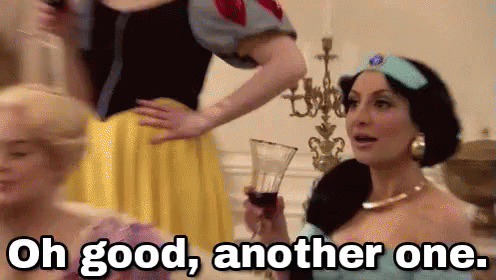Not black and white. Not one person.
Pretty much all available evidence from professionals with no axe to grind suggests mask wearing can reduce coronavirus infections by 75%. That 25% will still kill people, but if the conversation is about opening the economy and moving things forward, it starts with mask wearing. Or more to the point, not treating masks like a badge of political resistance.
Also, almost every spike in positive tests is linked to large gatherings of folks not wearing masks.
So it's not black and white, but it's still pretty simple.
Yes, the evidence seems to be building up:
1. Anecdotally (increased number of non-masking politicians from one party suddenly testing positive - seemingly from a single event vs none/very few from other party with generally higher masking use)
2. Daily positive counts where we are now seeing a surge in states that have been more relaxed (or even antagonistic) about masking requirements (e.g.: South Dakota). Several of these states are more rural than those that suffered the initial Mar/Apr/May outbreak. Many scientists said earlier this year those rural states would have a coronavirus increase later in the year, unless they were diligent about enforcing masking, no large events, etc.
At the end of the day, I chalk up mask resistance to a form of risk analysis failure. Typically we see it the other way around - people that undervalue significant risks since they tend to view things only anecdotally. If it hasn't happened to them (or someone they personally know) then it must not happen to anyone.
Mask use is even more difficult to convince doubters on, since the primary purpose is to protect others from your aerosols. Its a mutual protection plan, where you as an individual actually need others to follow the rules to help reduce your risk. It also requires large scale compliance consistency (see the White House Rose Garden event as a counter example, or the recent outbreak from a Sweet 16 party on Long Island).
I'd like to think use of the Swiss Cheese Model for accident causation (used heavily in things like aircraft safety design) applied to virus protection would help them understand, but I think they've decided to let emotion rule their thoughts - "politician I believe says masks are bad, so masks are bad". No analysis, no evidence, just opinion.
Masks alone are not a 100% solution either, as we know.
However: Social Distancing as much as possible + Masks + short exposure when distancing not possible + outdoors where possible + hand washing + ... will keep reducing the risks. The idea is to have multiple weapons simultaneously deployed against the threat. Masks are one of the important weapons in this fight.
If people get complacent on one or more of these approaches then the result can be an increase in positivity rates (as we are seeing presently, for example, in several places in Nebraska, South Dakota, etc.)

